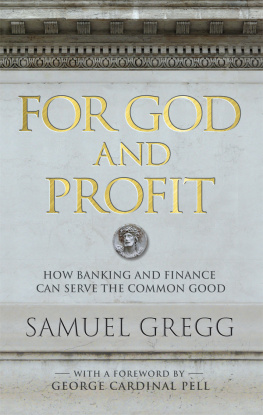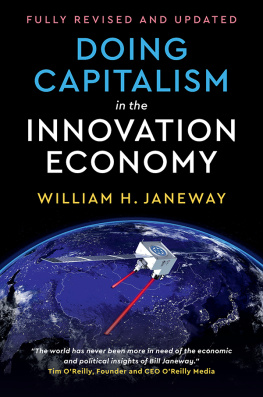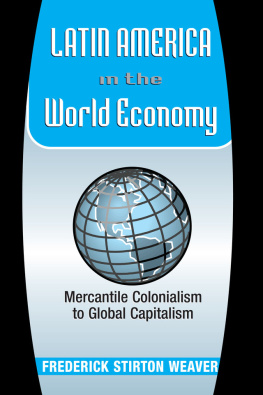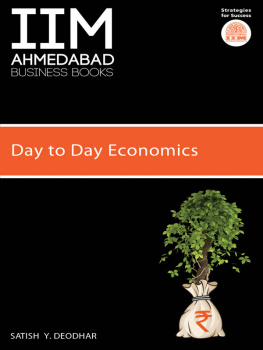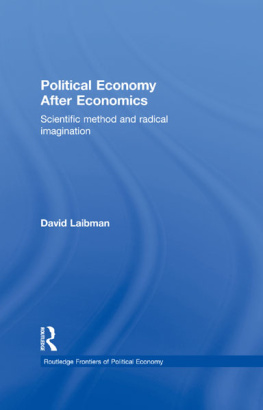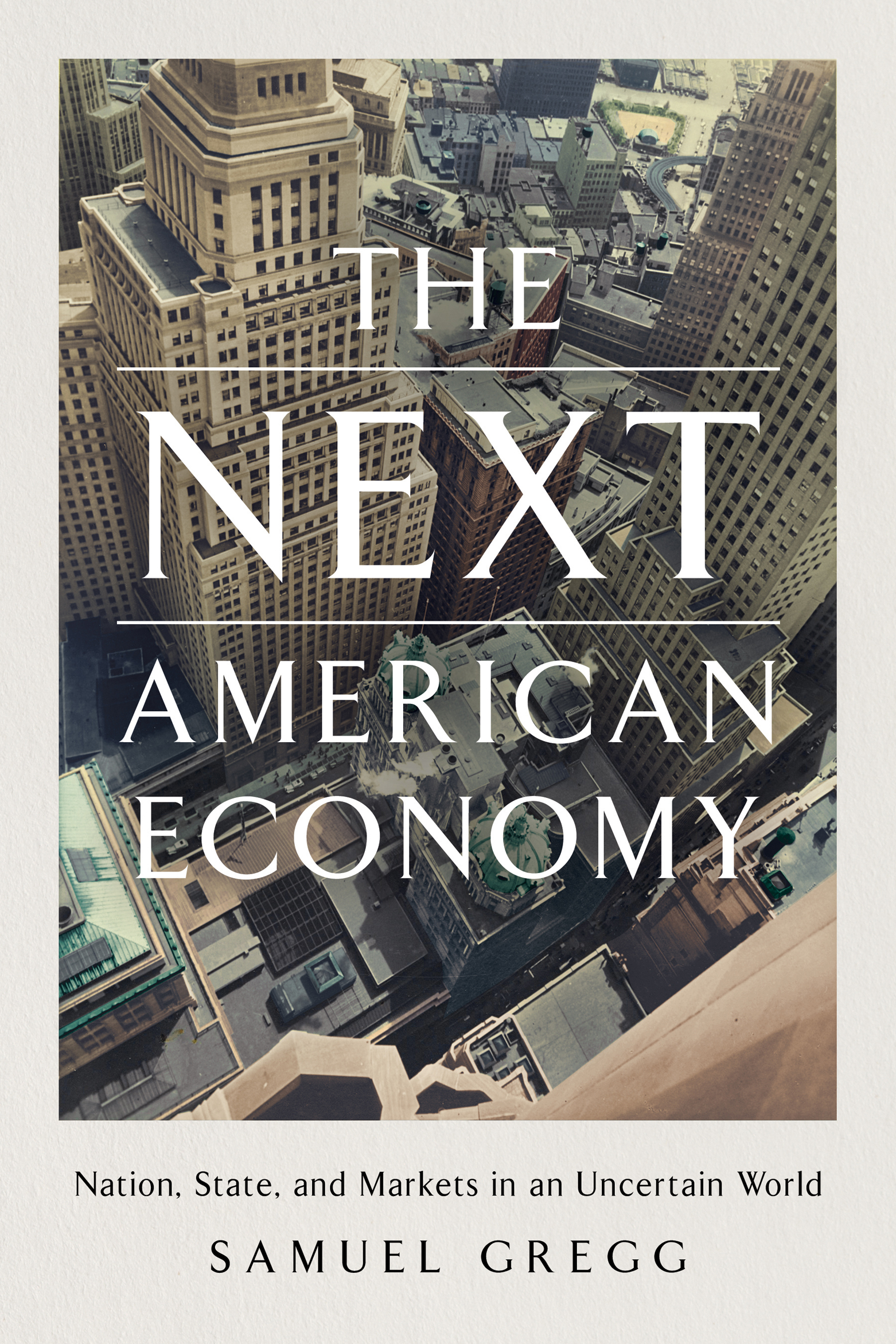Samuel Gregg - The Next American Economy: Nation, State, and Markets in an Uncertain World
Here you can read online Samuel Gregg - The Next American Economy: Nation, State, and Markets in an Uncertain World full text of the book (entire story) in english for free. Download pdf and epub, get meaning, cover and reviews about this ebook. City: New York, year: 2022, publisher: Encounter Books, genre: Science. Description of the work, (preface) as well as reviews are available. Best literature library LitArk.com created for fans of good reading and offers a wide selection of genres:
Romance novel
Science fiction
Adventure
Detective
Science
History
Home and family
Prose
Art
Politics
Computer
Non-fiction
Religion
Business
Children
Humor
Choose a favorite category and find really read worthwhile books. Enjoy immersion in the world of imagination, feel the emotions of the characters or learn something new for yourself, make an fascinating discovery.

- Book:The Next American Economy: Nation, State, and Markets in an Uncertain World
- Author:
- Publisher:Encounter Books
- Genre:
- Year:2022
- City:New York
- Rating:4 / 5
- Favourites:Add to favourites
- Your mark:
The Next American Economy: Nation, State, and Markets in an Uncertain World: summary, description and annotation
We offer to read an annotation, description, summary or preface (depends on what the author of the book "The Next American Economy: Nation, State, and Markets in an Uncertain World" wrote himself). If you haven't found the necessary information about the book — write in the comments, we will try to find it.
Americans across the political spectrum have turned away from free market capitalism, calling for more government intervention into the economy. This optimistic book explains how a dynamic, Commercial Republic that benefits all Americans is still possible.
Will someone intent on changing the direction of Americas economy seize on this text and send it far and wide?
Hugh Hewitt, author, attorney, and national host of The Hugh Hewitt Show
Markets grounded in a commercial republic are what America needs. Gregg shows why.
Vernon L. Smith, 2002 Nobel Laureate in Economics, Professor of Business Economics and Law at Chapman University
One of Americas greatest success stories is its economy. For over a century, it has been the envy of the world. The opportunity it generates has inspired millions of people to want to become American.
Today, however, Americas economy is at a crossroads. Many have lost confidence in the countrys commitment to economic liberty. Across the political spectrum, many want the government to play an even greater role in the economy via protectionism, industrial policy, stakeholder capitalism, or even quasi-socialist policies. Numerous American political and business leaders are embracing these ideas, and traditional defenders of markets have struggled to respond to these challenges in fresh ways. Then there is a resurgent China bent on eclipsing the United Statess place in the world. At stake is not only the future of the worlds biggest economy, but the economic liberty that remains central to Americas identity as a nation.
But managed decline and creeping statism do not have to be Americas only choices, let alone its destiny. For this book insists that there is an alternative. And that is a vibrant market economy grounded on entrepreneurship, competition, and trade openness, but embedded in what Americas founding generation envisaged as the United Statess future: a dynamic Commercial Republic that takes freedom, commerce, and the common good of all Americans seriously, and allows America as a sovereign-nation to pursue and defend its interests in a dangerous world without compromising its belief in the power of economic freedom.
Samuel Gregg: author's other books
Who wrote The Next American Economy: Nation, State, and Markets in an Uncertain World? Find out the surname, the name of the author of the book and a list of all author's works by series.

